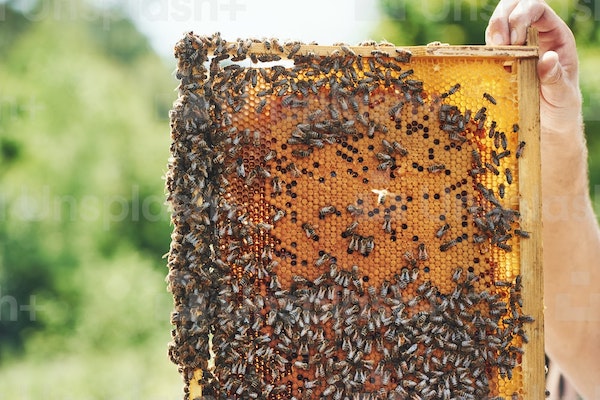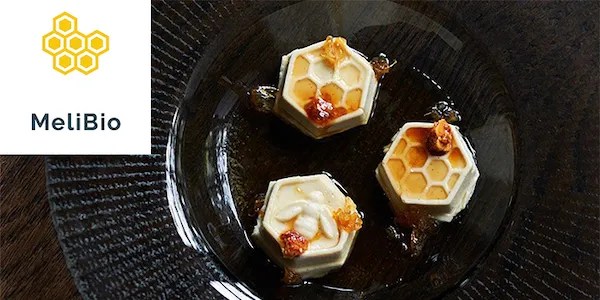Honey is one of the most widespread sweeteners in the world with a history that dates as far back as human records. Across the globe today, it has grown into a $9 billion industry. However, some believe honey production in its current form is actually damaging the estimated 20,000 wild and native bee species in the world. California-based MeliBio thinks the solution is synthetic honey grown in a lab…no bees needed.
Darko Mandich, MeliBio’s cofounder, and CEO, says honeybees have a huge negative effect on biodiversity. Honey bees as we know them were imported from Europe and their unnatural colonies make them compete with the native, wild bee population. There are millions of honey bee colonies in North America and in high concentrations increase competition between native pollinators for forage, putting even more pressure on the wild species that are already in decline.
MeliBio’s honey is a two-step process. First, pure sugars-fructose and glucose, the same ones found in honey-are sourced from fruits and vegetables. MeliBio scientists then mimic the flavor of honey by collecting compounds from the same types of plants that bees would normally visit. These are then combined with the sugary syrup. To get the profile just right, MeliBio performs sensory panels with taste testers and works with honey “sommeliers.”
According to Aaron Schaller, the CTO and co-founder of MeliBio., it took 300 different formulations to get to the current version. In addition to being vegan, Schaller also points out that their lab-made version doesn’t contain the Clostridium bacteria, a toxin found in honey that keeps it from being consumed by new moms and babies.
Starting this year, MeliBio’s product will be available in 75,000 European stores under Narayan Foods’ “Better Foodie” brand. In the US, MeliBio’s honey is available in a handful of restaurants in New York and California but it’s not clear when it will hit store shelves. Learn more at the MeliBio website HERE.
Another company working on synthetic honey is Bee-Io, an Israel-based company. The company doesn’t disclose its “patent-pending process” but says it can produce cultivated honey via fermentation and bioreactors that are almost identical on a molecular level to natural honey. The company’s product is allegedly ready for market and waiting for approval in the US market. (Sources: Nosh, TechCrunch, Mashed)








